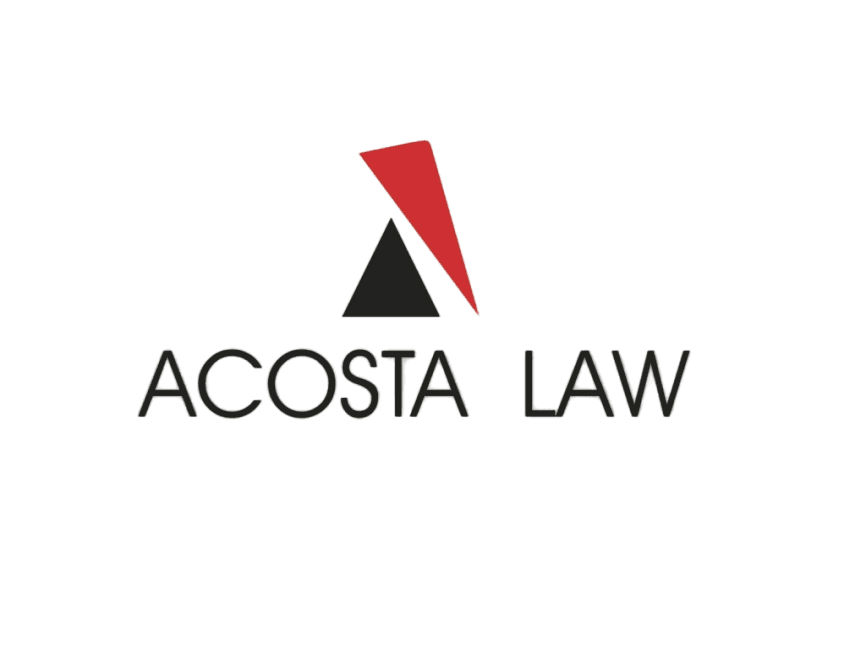Navigating Bankruptcy in Harris County: What You Need to Know
Understanding Bankruptcy in Harris County
Filing for bankruptcy is a significant decision that can have long-lasting effects on your financial future. In Harris County, navigating this process involves understanding the different types of bankruptcy and determining which is most suitable for your situation. This guide will provide you with essential information to help you make informed decisions.

Types of Bankruptcy
In the United States, the most common types of bankruptcy for individuals are Chapter 7 and Chapter 13. Chapter 7 bankruptcy involves liquidating assets to pay off debts, while Chapter 13 bankruptcy focuses on reorganizing debts and creating a repayment plan. It's crucial to understand the differences between these options to choose the right path for your financial recovery.
Chapter 7 is often referred to as "liquidation bankruptcy" and is typically suited for individuals with limited income who cannot repay their debts. On the other hand, Chapter 13, known as "reorganization bankruptcy," allows individuals to keep their property and pay off debts over time through a court-approved plan. Both options have specific eligibility criteria and can impact your credit score differently.
The Role of a Bankruptcy Attorney
Hiring a knowledgeable bankruptcy attorney in Harris County can be invaluable. An attorney can help you understand the nuances of bankruptcy law, prepare necessary paperwork, and represent you in court proceedings. Their expertise ensures that you are compliant with all legal requirements and can help you avoid potential pitfalls.

When selecting an attorney, consider their experience with bankruptcy cases, client reviews, and whether they specialize in Chapter 7 or Chapter 13 bankruptcies. A good attorney will guide you through each step of the process and offer advice tailored to your unique financial situation.
Pre-Bankruptcy Counseling
Before filing for bankruptcy, federal law requires individuals to undergo credit counseling from an approved agency. This counseling session will help you assess your financial situation and explore alternatives to bankruptcy. It is essential to complete this step, as failure to do so can result in the dismissal of your case.

After completing pre-bankruptcy counseling, you'll receive a certificate of completion, which must be filed as part of your bankruptcy petition. This session is an opportunity to gain a clearer understanding of your finances and consider other debt relief options that might be available.
Life After Bankruptcy
Filing for bankruptcy can provide relief from overwhelming debt, but it also comes with consequences. Your credit score will be affected, making it more challenging to obtain loans or credit cards in the future. However, by taking proactive steps, such as budgeting and timely bill payments, you can begin rebuilding your credit over time.
In Harris County, various resources are available to support individuals post-bankruptcy. Financial literacy programs and credit repair services can help you regain control of your finances and work towards a stable financial future.

Remember that bankruptcy is not the end but rather a chance for a new beginning. By understanding your options and utilizing available resources, you can navigate this challenging period and emerge with a stronger financial foundation.
